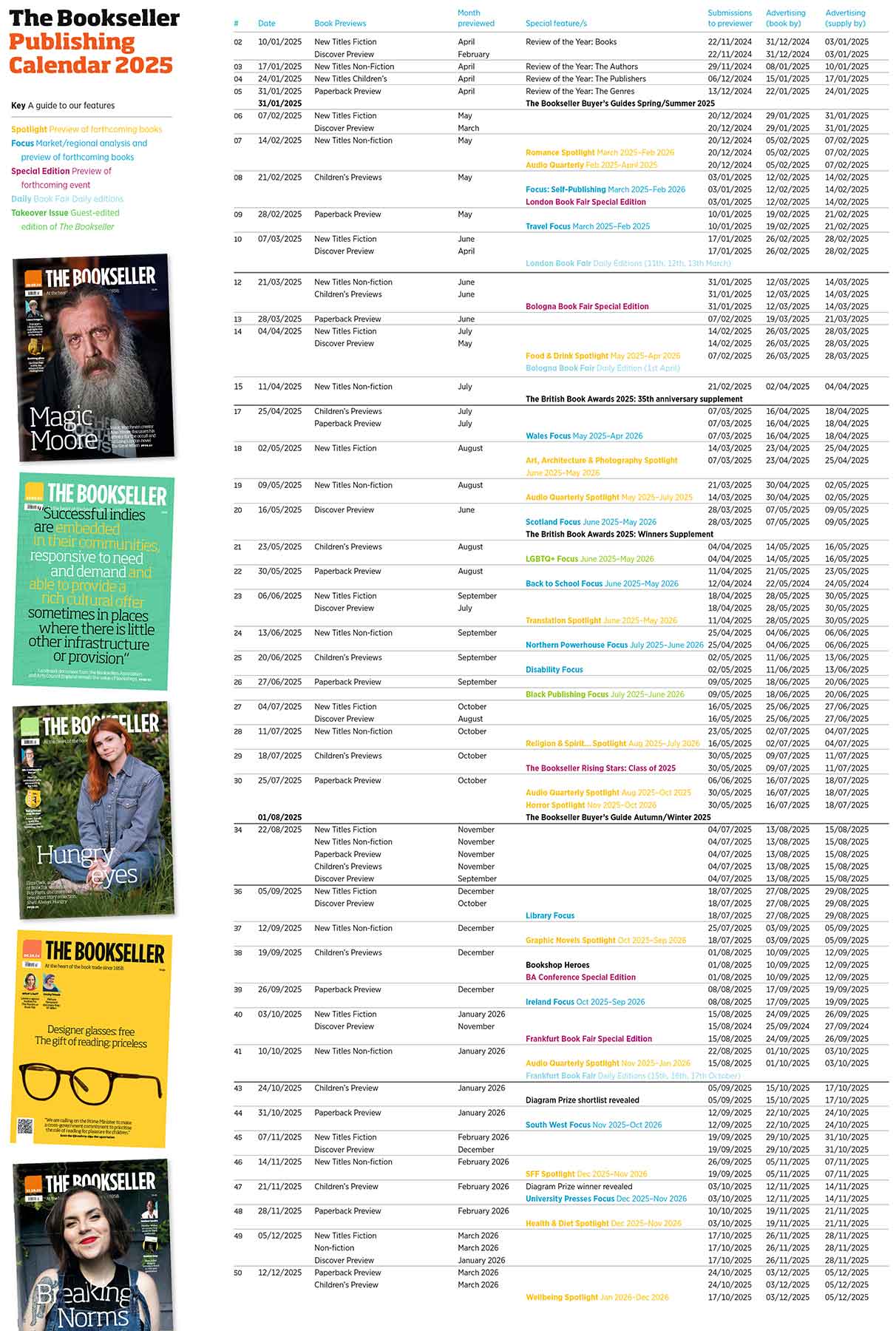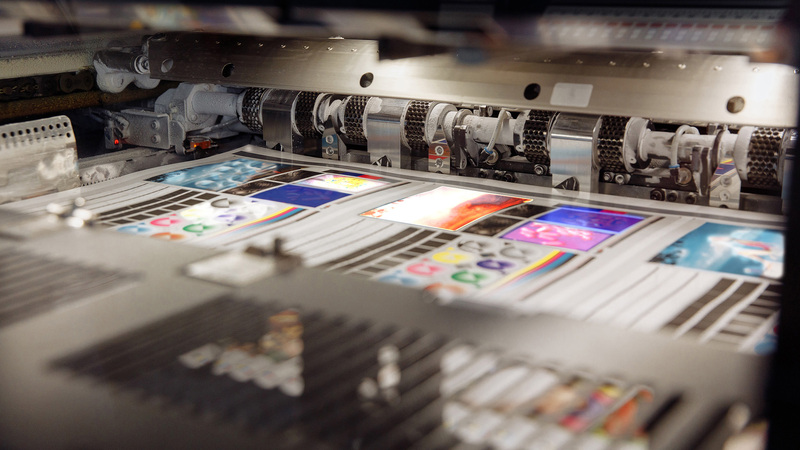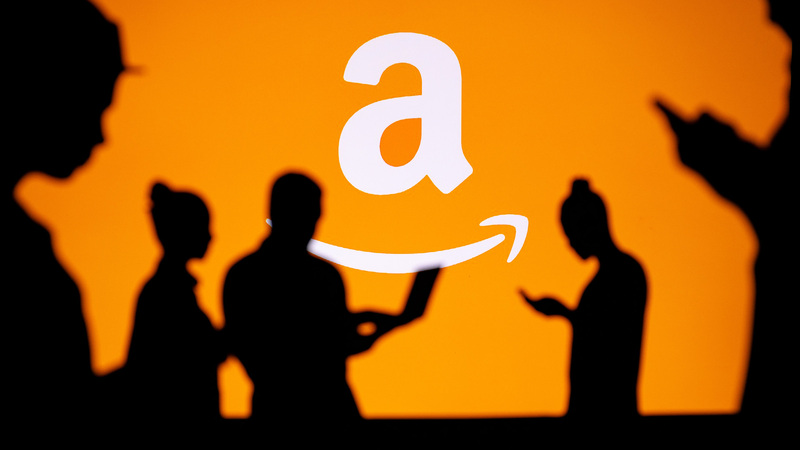You are viewing your 1 free article this month. Login to read more articles.
The infant phenomenon
In Nicholas Nickleby, “the Infant Phenomenon” Ninetta Crummles is hailed by her parents as a marvel of talent and acting ability; a pocket titan, ready to bestride the world. We later discover that the charming 10-year-old is in fact 18, and has been fed a steady diet of gin to keep her docile and stunt her growth. It is a distressing discovery.
Several months into Hachette’s dispute with Amazon—and with Chinese e-commerce site Alibaba’s IPO in the offing—the big question is whether Wall Street will have a similarly unpleasant moment of revelation about Jeff Bezos’ baby. Amazon has, since its birth, been treated as a special case. Because it is an internet company it has been able to suspend the fundamental laws of business, not needing to bother about making any actual profit.
It is able to feed its Wall Street backers promissory notes about growth so that until they lose their nerve, Amazon can continue to haemorrhage money with impunity. This makes the dispute with Hachette a game of chicken. It is all about who blinks first: Hachette or Amazon’s backers.
In that context Hachette executives will have been mightily pleased last week to see such attention paid to the Alibaba IPO. All the institutional investors who have sunk billions into Amazon must be increasingly anxious that if Amazon doesn’t seek to realise its market advantage and potential for profits quite soon, then with Alibaba emerging out of the East, it may never get that chance.
But having said that, one wonders if this was a battle Amazon was going to lose anyway. Quite aside from the poor PR—not helped by their misquotes of George Orwell and odd-sounding author campfires—the evidence that the market was beginning to resist its further encroachment has been continuing to build.
Amazon has always seen itself as the company that was going to do to the book business what Apple did to music. But there is a fundamental flaw in this analysis. While e-readers and e-books are perfectly OK bits of tech, they are not categorically better than paper books.
Anyone who told you that they preferred CDs to MP3 players would (quite rightly) have their sanity called into question. No one would so much as blink at the same being said of books versus e-books, which is why the rate of growth in the e-book market has slowed so markedly.
Of course, this being about the internet and technology, it is a generally accepted article of faith that somehow, magically, e-books will “win”, that the future is inevitable, that the technologically advanced solution always “beats” the less advanced. Even if it isn’t any better.
This is why this dispute is so fascinating and so important. Ever since Lancashire cotton weavers called up the spirit of Ned Ludd in their fight against the mechanisation of their trade and the destruction of their way of life, technology has always won—not least because that’s the direction the money has flowed.
But that is in part because if you lived in the early 19th century, better tech was pretty much always a good idea. Might it be that the real achievement of the internet is that it has made it possible, if not essential, to wonder if it is desirable to put up barriers to technologically “better” solutions? That rather than living in a post-human world, we might prefer to live in a post-technical one?
This has wider implications than some woolly cultural battle. As recently as 2012, the Department of Justice acted in favour of Amazon and against the big publishers in the US. For them, cheaper goods and the needs of the consumer were the ultimate arbiters of justice.
But if Authors Unlimited and Hachette do win their fights—and it is by no means certain they will—then it could mark an epochal shift in economic history, a moment when it was recognised that the needs of producers (in this case writers) need to be balanced against the needs of consumers. That could have huge implications—not just for the publishing industry.
Agent Orange is a UK-based agent. They can be contacted at agorange01@gmail.com



















